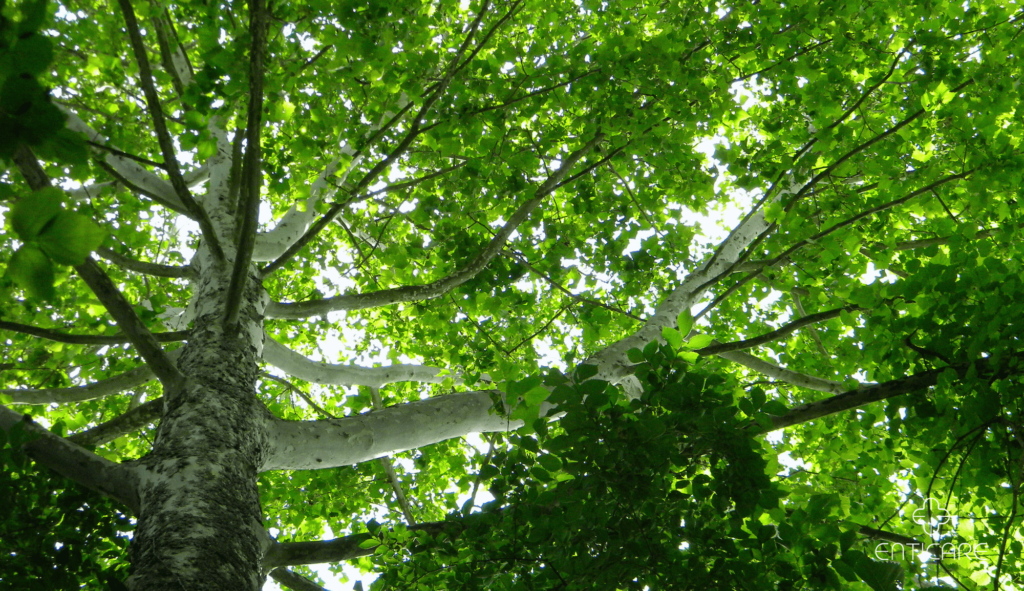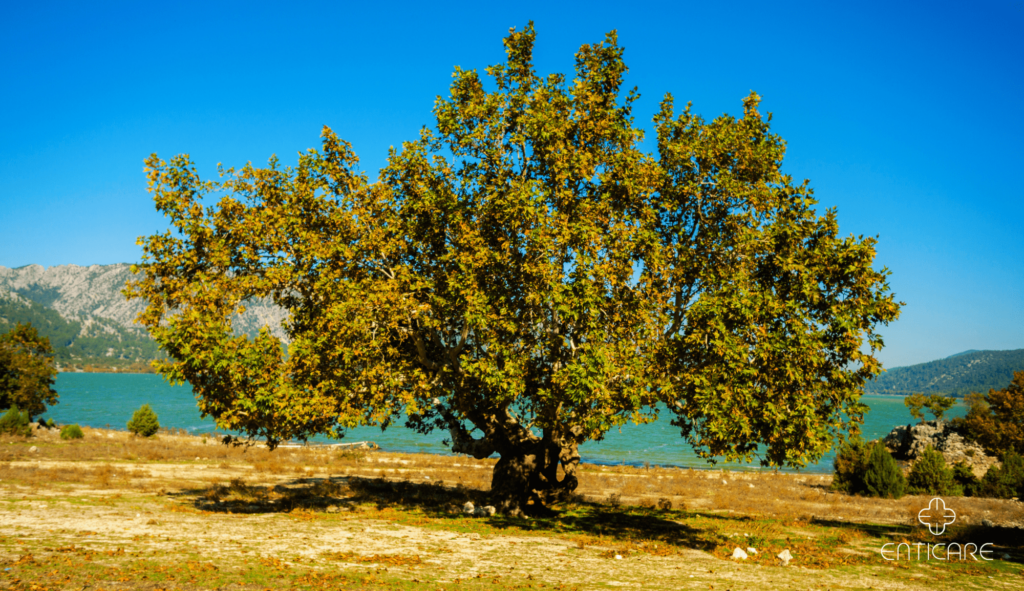The majestic sycamore tree, a symbol of strength and towering over many landscapes, might hold a hidden threat for some individuals. Sycamore allergies, triggered by the wind-borne pollen released by these giants, can disrupt outdoor enjoyment and cause unexpected discomfort.
Sycamore trees, with their distinctive bark and broad leaves, are a familiar sight in many parts of North America. While valued for their shade and aesthetic appeal, they can be a hidden source of allergies for some.
Sycamores are native to a large portion of North America, with two main species relevant to allergies:
American Sycamore (Platanus occidentalis): This is the most widespread species, found in the eastern and central United States.
California Sycamore (Platanus racemosa): This species is native to California and southwestern Oregon.
Understanding the distribution of these sycamore varieties can help you anticipate potential allergy concerns in your area.

Season and Characteristics of Pollen Release:
Sycamore allergies typically occur during the late spring months, from April to May. Here’s a breakdown of the key factors:
Wind-Pollination: Sycamore trees rely on wind for pollination, releasing large quantities of pollen during this period.
Microscopic Pollen: Invisible to the naked eye, the pollen is easily carried by wind, increasing the risk of inhalation and potential allergic reactions.
Allergenicity: While not as common as other seasonal allergies, sycamore pollen can trigger reactions in sensitive individuals.
Cross-reactivity: Individuals with allergies to other wind-borne pollens like ragweed or birch might experience cross-reactions due to similar protein structures.
Signs & Symptoms of Sycamore Allergies:
Sycamore allergies can manifest in various ways, often mimicking other seasonal allergies. Here are some common signs to watch out for:
Hay fever: Runny or stuffy nose, sneezing, itchy and watery eyes.
Sinus issues: Facial pressure, headaches, and postnasal drip.
Respiratory problems: Coughing, wheezing, difficulty breathing (in severe cases).
Skin reactions: Hives, rashes, or eczema can develop in some individuals.
Oral allergy syndrome: Tingling or itching in the mouth, throat, or lips might occur, especially in individuals with both sycamore tree and birch allergies.
Causes of Sycamore Allergies:
The human immune system mistakenly identifies the protein structures in sycamore pollen as a threat, triggering an allergic response. This response causes the release of chemicals like histamine, leading to allergy symptoms.
Risk Factors for Sycamore Allergies:
Certain factors can increase your risk of developing sycamore allergies:
Family history of allergies: Having a family member with allergies makes you more susceptible.
Existing allergies: Individuals with allergies to other wind-borne pollens might experience cross-reactivity with sycamore pollen.
Exposure: Living in areas with high sycamore tree concentrations increases your chance of developing allergies.

Preventing and Managing Sycamore Allergies:
While complete prevention might be difficult, here are some tips for management:
Minimize exposure: During peak pollen season, stay indoors during the daytime, keep windows closed, and use air purifiers at home.
Medication: Over-the-counter antihistamines and nasal corticosteroids, as prescribed by your doctor, can alleviate allergy symptoms.
Allergy shots (immunotherapy): In specific cases, your doctor might recommend allergy shots to desensitize your immune system to the pollen over time.
Treatment for Sycamore Allergies:
If you experience persistent or severe allergy symptoms, consult a healthcare professional for proper diagnosis and a personalized treatment plan. Treatment options may include:
Prescription medications: Stronger antihistamines or nasal corticosteroids might be necessary for severe cases.
Allergy drops or tablets: Sublingual immunotherapy provides an alternative to allergy shots for long-term management.
Sycamore trees, with their grandeur and ecological significance, demand recognition and understanding. By understanding the origin, seasonality, and potential risks of sycamore allergies, you can proactively manage your health and navigate your environment with confidence. Discover a tailored approach to your health needs with Enticare. Call us at 480-214-9000, and let’s navigate your treatment journey together.

